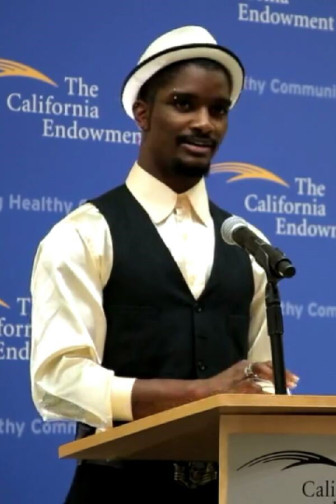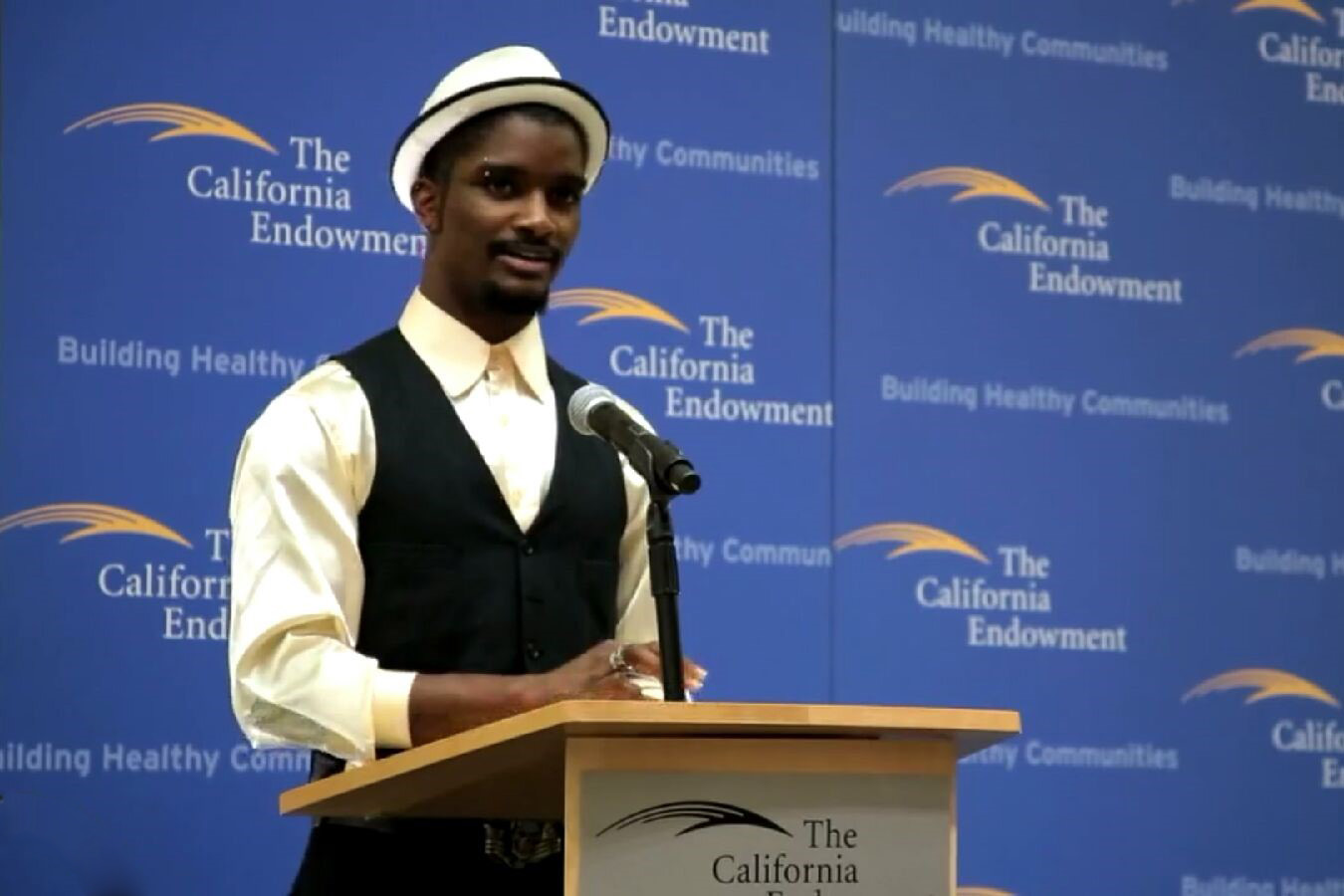 “Did you take any drugs while pregnant with your son?”
“Did you take any drugs while pregnant with your son?”
The very first time this subject came up was when I was being admitted to the psychiatric hospital. My mother answered, “Yes.” I found out later that she’d smoked crack cocaine for a few months, early into her pregnancy with me. She stopped as soon as she’d found out that she was pregnant. I was not born drug addicted, and my mother stopped smoking crack — she only smoked a bit of pot later in life on her way to stopping smoking all together.
Admittedly, there were hard times growing up, though I don’t remember much because I lost my memory at 6 years old when I fractured my skull while climbing a tree. However, I don’t remember instability, though Mom was a single parent. Mother did the best she could providing for and raising me and my seven brothers and sisters. It was no fault of hers that I started smoking weed. I don’t remember ever seeing my mother smoking weed. I remember finding the papers or joints, but I thought they were cigarettes.
I sold a lot of stuff at school: candy, soda, bike parts, fireworks, pocket knives and, of course, marijuana. I started to sell weed in eighth grade. The first time I smoked pot was after school with my friend Charlie. I had some pot that I bought from another student to sell. We decided to try it mostly because we hadn’t before. We didn’t do it right. We used regular notebook paper to roll it in, and that was it. I didn’t get high, Charlie didn’t get high, we chalked it up as a loss and said, “All right, forget it.”
Because I didn’t actually get high, I stayed away from weed a lot longer than if I would have felt it. It would have become a crutch a lot sooner.
Once I finally smoked it properly, weed became an escape. I felt like I was more confident and optimistic, more sociable, more “together.” When I smoked, I felt as close to having everything figured out as I could ever be. I was a joy to be around. And I was joyful.
I did not have to deal with me while I was high. In contrast to struggling with episodes of major depressive disorder, the grass was soooo much greener on the high side, literally. That’s what kept me smoking.
Read more about substance use disorder on Youth Today and JJIE.
Although I stopped smoking weed coming up on four years ago, I relapsed a few months ago. I’d been through a lot of therapy in those four years: I saw a doctor or clinician every week to help me with my depression, and there were periods where I’d see two different therapists in the same week. I’ve made progress. I handle myself and my emotions differently now — more effectively and efficiently. I do not need an escape.
I kind of like me now. Yeah, I have bad days, everyone does; not everyone smokes weed to cope with it, though. I still smoke occasionally, but now it just holds me back — it is a hindrance. It does not brighten my day or make me smile any differently. It is essentially a burden, and I am still trying to rid myself of it.
In retrospect, I don’t think the biggest factor influencing me to start smoking was my mother, myself or convenience. It was society. It was being exposed to music, theory and lifestyles that glorify smoking weed. Even now, it is hard to find a song on the radio that doesn’t make any references to partying, smoking or drinking. I was singing about pot and Bacardi before I’d had my first taste of wine or weed — in elementary school.
I think it’s important to shed some light on this, because, shamefully, at the rate we’re going, it doesn’t seem like the tide will turn anytime soon. And I’m not doing anything to stop it, either. There is work that still needs to be done with me before I feel like I can step out and lend a hand to someone else with their addiction. I mean that’s what we’re here for: to get better and help better others as we grow ourselves, right?
Aeron is a 21-year-old English major and InsideOut Writers alumni. During the day he works as a janitor; around the clock he works to project resilience and radiate a feeling of hope.
A note from our partner about this powerful writing:
At InsideOut Writers, we encourage young people to take a deep look at their lives and their pasts. In order to find solutions to problems, we all know you must first acknowledge the problem — and our writers accomplish this challenging, reflective task through our work. Then with support, they begin focusing on taking necessary steps to solve them — and that’s where IOW’s reentry services and Alumni Program come into play.
IOW alumni are encouraged to embrace their pasts and to learn to believe in the power of their stories and voices to be of service to others. IOW alumni think about about what to share and become intentional about what they want to put out for the world to see. We, and they, understand their stories can be viewed in a negative light. However, because they’ve become comfortable with their own personal journeys and transformations, they tend to opt to tell it like it is. They come to terms with their pasts and traumatic childhoods, thus, they become comfortable openly sharing personal revelations with those willing to listen. To protect their digital imprints, however, we are publishing their candid work with first names only.
— Jimmy Wu, InsideOut Writers Alumni Advocacy Director
More articles from InsideOut Writers:






























